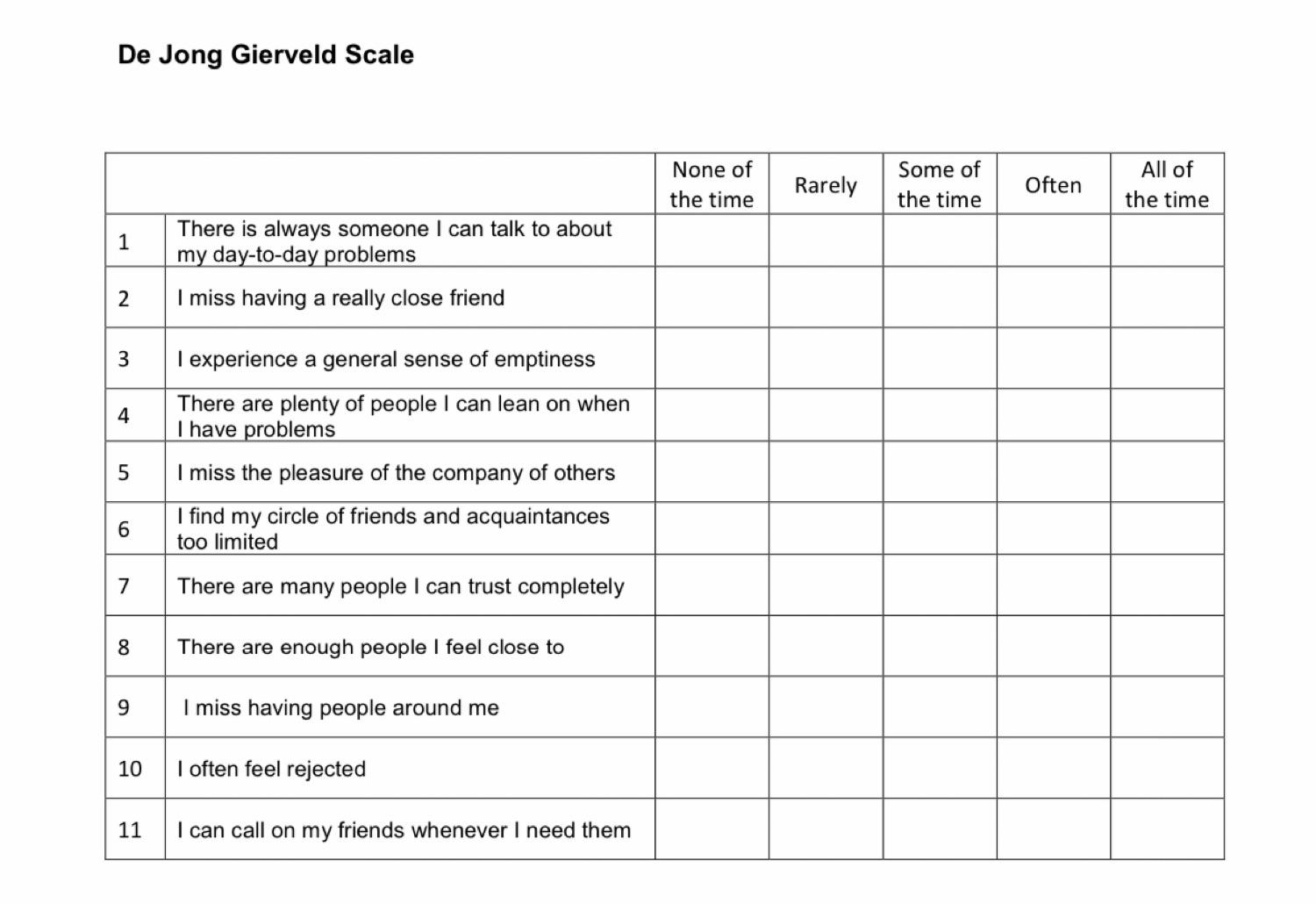The Key Differences Between Social and Emotional Loneliness
Curated from: psychologytoday.com
Ideas, facts & insights covering these topics:
8 ideas
·897 reads
7
Explore the World's Best Ideas
Join today and uncover 100+ curated journeys from 50+ topics. Unlock access to our mobile app with extensive features.
Loneliness, The Relationship Deficit
Loneliness is an unpleasant experience in which one perceives a relationship deficit —the sense that the quality or the number of one’s relationships are unsatisfactory, the awareness that there is a mismatch between one’s desired and one’s achieved quality or quantity of relationships.
20
230 reads
To Desire And To Lack
It has been suggested that loneliness has multiple dimensions, including social and emotional ones.
People who experience social loneliness feel like they are not part of a group that shares their interests, that they do not belong.
Those who experience emotional loneliness feel they lack intimacy. For instance, though many singles tend to be happy and satisfied with life, “involuntary singles” tend to be unhappy because of high emotional loneliness (i.e., they desire but lack intimate attachments).
20
132 reads
Definitions And Examples
Social loneliness: An unpleasant feeling resulting from the perception of not belonging, a lack of social integration, or experiencing one’s social network as deficient. Those more likely to experience social loneliness include people who have moved to a new school or job or migrated to a new country.
Emotional loneliness: An unpleasant feeling resulting from the perception that one is missing an “intimate attachment relationship” or that the existing relationship is inadequate. Emotional loneliness is a very common experience in people who have recently divorced or become widowed.
21
94 reads
The De Jong Gierveld Loneliness Scale
A new study, published in the July issue of Psychiatry Research, discusses the differences between these two types of loneliness, including their risk factors.
The measure for both types of loneliness was De Jong Gierveld’s 11-item loneliness scale.
https://mvda.info/sites/default/files/field/resources/De%20Jong%20Gierveld%20Lonliness%20Scale.pdf
19
105 reads
Factors Common To Both Types Of Loneliness
Risk factors associated with both types of loneliness (equal effect sizes) included being an immigrant and having a low income. Drinking and being physically active, in contrast, were linked with lower loneliness.
18
100 reads
Factors Special To One Type Of Loneliness
In some cases, effect sizes were not similar. For instance, living alone, being unmarried, psychological distress, and suicidal thoughts were more strongly correlated with emotional loneliness, whereas poor health and having multiple chronic diseases were more strongly correlated with social loneliness.
18
85 reads
Factors Common To The Less Lonely
An analysis of the data showed that being female, of younger age, being a current smoker, and medium or higher educational level were linked with lower social loneliness. Having a paid job and a low body mass index were associated with lower emotional loneliness.
18
81 reads
Wait But Why
Why is it that people who exercise but also those who drink and smoke were less likely to feel lonely? Perhaps the association with smoking and drinking was due to participation in social events.
Social loneliness has two dimensions: it refers to a lack of connection with others and difficulties with integration into social networks. The reviewed research found that older men and those with lower education are more likely to experience social loneliness.
18
70 reads
IDEAS CURATED BY
CURATOR'S NOTE
New research shows social loneliness and emotional loneliness have shared and unique risk factors.
“
Xarikleia 's ideas are part of this journey:
Learn more about mentalhealth with this collection
Identifying and eliminating unnecessary expenses
How to negotiate better deals
Understanding the importance of saving
Related collections
Similar ideas
7 ideas
6 Kinds Of Loneliness And Strategies To Deal With It
themindsjournal.com
8 ideas
How to Be Less Lonely: 6 Science-Backed Techniques to Try
collegeinfogeek.com
5 ideas
Understanding the Loneliness Epidemic
psychcentral.com
Read & Learn
20x Faster
without
deepstash
with
deepstash
with
deepstash
Personalized microlearning
—
100+ Learning Journeys
—
Access to 200,000+ ideas
—
Access to the mobile app
—
Unlimited idea saving
—
—
Unlimited history
—
—
Unlimited listening to ideas
—
—
Downloading & offline access
—
—
Supercharge your mind with one idea per day
Enter your email and spend 1 minute every day to learn something new.
I agree to receive email updates

